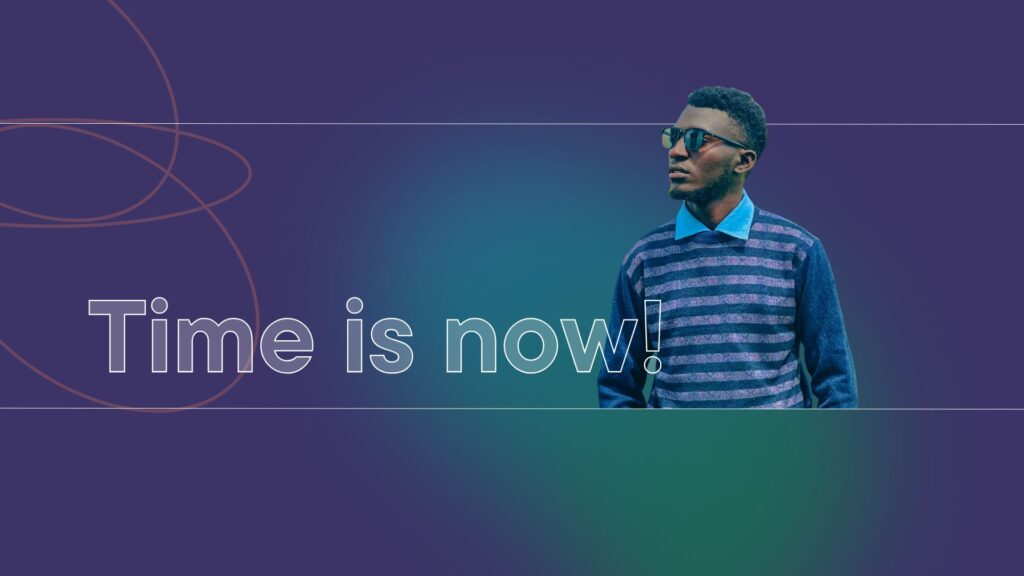In life, there are moments that test the very fabric of our resolve. For me, this is that moment—a battle that could either raise me high or lower me forever. My name is Archimedes Prince, and I stand at the crossroads of justice and despair, grappling with a decision that could determine the trajectory of my education, my dreams, and my life.
You may have heard about the injustice I faced a few weeks ago, where the initial verdict of discontinuation was revised to a two-year suspension—a decision that remains grossly disproportionate. While rescinding discontinuation to a suspension may seem strategic, I cannot accept such an unfair outcome in light of the glaring mishandling of my case by the university. This time, I am determined to challenge the narrative that “a student cannot prevail against an institution in court.” This will be a defining moment to demonstrate that students deserve fair treatment and justice, no matter the odds.
From the outset of this ordeal, I have shown unwavering willingness to resolve this matter amicably. I’ve written appeals, engaged in hearings, and made every effort to respectfully navigate the internal processes of Mbarara University of Science and Technology (MUST). But what began as an allegation of examination malpractice has spiraled into a grossly mishandled case riddled with inconsistencies, procedural flaws, and bias.
Despite my repeated attempts to seek justice internally, I have now been left with no choice but to take this fight to the High Court of Uganda. My journey to this point has been far from easy. I reached out to the Uganda Law Society’s Legal Aid Project, Mbarara Branch, seeking representation. To my utter dismay, it became evident that external influences—possibly from the university itself—compromised my case, leading to its abrupt dismissal without the opportunity to even be heard.
I have also approached various local lawyers, hoping that someone would champion the principles of fairness and the rule of law. Yet, many hesitated, and others outright declined, their reluctance a chilling testament to the influence and power that institutions can wield to silence those who dare to speak up.
With no lawyer willing to stand by me, I am left to go into this battle alone. As daunting as this may seem, I carry within me the unshakable belief that the law, when applied with integrity, will prevail.
This case is no longer just about me. It is about fairness, accountability, and the rights of every student who has ever felt powerless against institutional injustice. It is about challenging a system that disregards the very principles it claims to uphold. It is about ensuring that education, the cornerstone of our future, remains a beacon of hope and not a tool for oppression.
Let me remind everyone of what I face:
- Allegations unsupported by credible evidence.
- Witnesses that were intimidated for torture.
- A punishment so disproportionate it threatens not only my academic future but also my mental health and professional aspirations.
- Procedural irregularities so glaring that they undermine the very essence of justice and natural fairness.
To add insult to injury, I have been forced to defend myself against shifting allegations—what I was initially accused of is not what I ultimately faced in the appeals process. The university’s process has been so deeply flawed that it’s hard not to question whether justice was ever their aim.
As I prepare to stand before the High Court of Uganda, I do so with the full weight of my truth. I may not have the legal expertise of seasoned lawyers, but I have the courage to bang the table and demand that my voice be heard. I am not asking for pity; I am demanding justice.
This case is about more than an examination; it’s about the principles we hold as a society. It’s about whether we allow power to silence the powerless. It’s about ensuring that no student, no human being, is treated with the disregard that I have faced.
The road ahead will be tough, but I will walk it with my head held high. I believe in the integrity of the judiciary, and I trust that the High Court of Uganda will recognize the glaring injustices in my case.
To those who have supported me, thank you. To those who seek to see me fail, I remind you: justice may be delayed, but it cannot be denied.
The battle begins. Win or lose, I am prepared to fight. Because in the end, it’s not just about me—it’s about justice. And justice is worth fighting for.
Read more about this story here: https://ishimwe.greenriseinitiative.org/a-fight-for-justice/
November 25, 2024.
